K was another letter that gave me difficulty. All Google could suggest was Korea and again, I’ve not been there and this isn’t an A-Z of countries you could go to. So I settled on K is for Knowledge, although it’s a bit annoying that it doesn’t sound like it.
Knowledge! I’m a big fan of research. I’m the Iron Man of the group day trip, the one wondering out loud, “Am I the only one who did the reading?”. Knowledge is power, the more you know, and so on. It’s all true, all those little sayings. A little knowledge goes a long way.
I’m going to refer to “reading” a lot in this post. Take it to mean “research in general”. Sure, read. Read guidebooks and travel magazines and blogs but you can also watch documentaries and YouTube videos, listen to podcasts, whatever source of information you have, whatever source works best for you.
So, what should I know before I travel?
Let’s start with the obvious. You should read about where you’re going, otherwise how do you know you want to go there? Does it have the sort of places, activities or options you’re interested in? When is the best time of year to go there? Can you afford to go there? You can only make a big decision like that when you’ve got the relevant information.
What about spontaneity? Isn’t it an adventure to go into the unknown? Yeah, sure… if you want to find yourself in south-east Asia just as rainy season gets going, or to a place you’re woefully underdressed for, or a cultural city that just doesn’t suit your beachy/surfer vibes. If you want endless surprises, go for it, it’s your trip but if you’re a first-time solo traveller, there’s a lot to be said for being prepared.
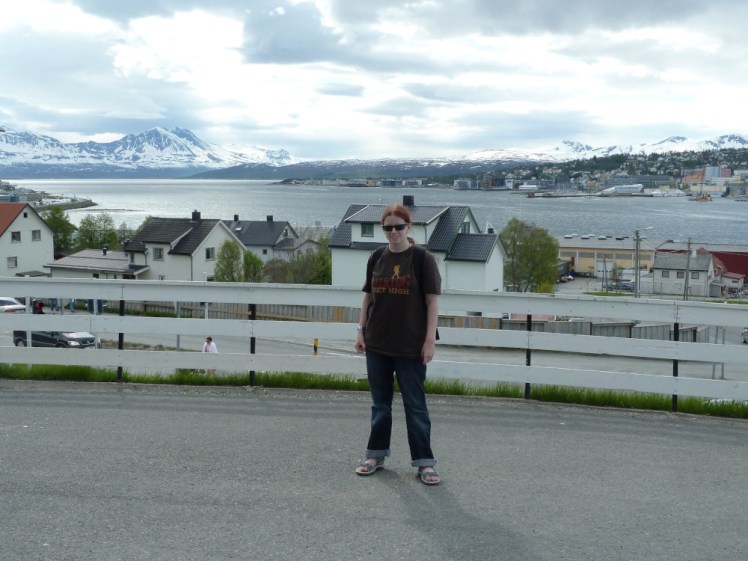
Should I plan my itinerary in advance?
Yes but also no. I think it’s a good idea to know in advance what you want to do and to have a rough plan so you don’t miss them. But no one wants to be beholden to an absolutely rigid timetable when they’re travelling. You’re probably going to stumble across new things you’ve never heard of that you really want to do and there should be the flexibility in your plan to fit them in. And then nothing will take the time you allotted for it – traffic will delay you, you’ll want to linger here but be bored by there so you’ll want to change your timetable around. So yes, figure out what you want to do but don’t set it in stone.
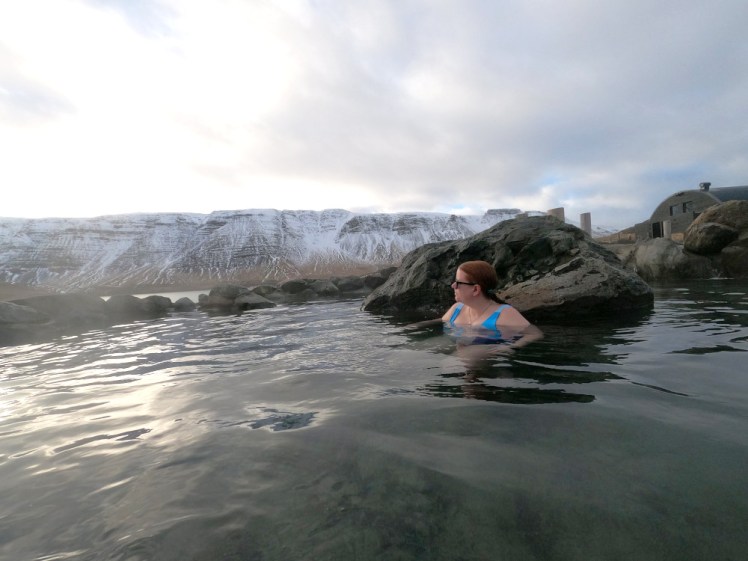
How will I get around?
Is there Uber in this place? Is there something similar? Will you be walking? How does public transport work? How do you get to your accommodation on the first night?
Getting around is a big deal and if you can be comfortable with it before you even arrive, that’s half the battle. I’m going to Helsinki at the end of the month so I need to figure out how to get into the city from the airport. They’ve opened a new rail link since I was last there – before that, you got the bus and the last time, I didn’t bother looking up which bus and ended up in Pasila instead of Helsinki. Then I need to find out whether I can get a multi-day tram/metro pass or a daily ticket or whether it’s cheaper to pay as I go. Where’s my local stop and where can I go from there? Once I’ve figured out getting around, everything else falls into place. For example, I’m half-looking at Parc Asterix for my weekend in Paris but it turns out despite its claims to be “just 40 minutes from Paris”, I need to either get the shuttle bus from Charles de Gaulle or I need to get a special dedicated long-distance bus; it’s not accessible on everyday public transport. I’m not a fan of Disneyland Paris particularly but at least I can get there without either an awkward private shuttle or hiring a car.
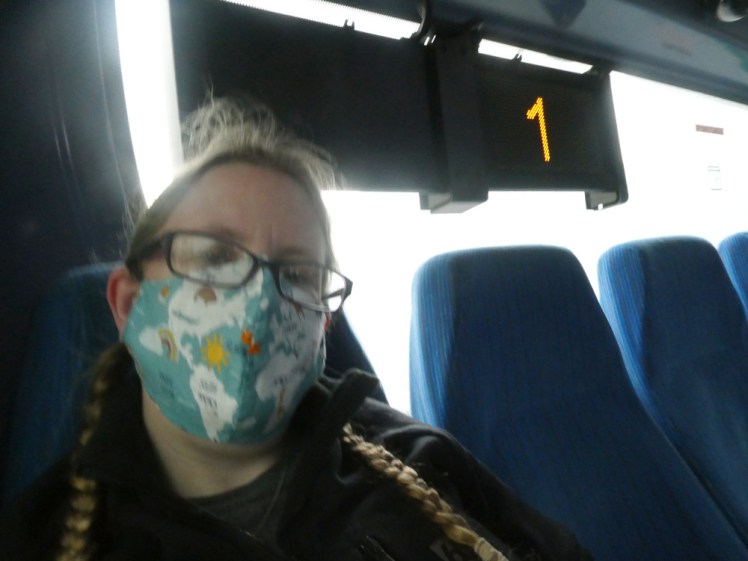
Are there any cultural things I should know?
It’s very easy to assume the entire world works like it does at home but the laws and rules are different everywhere. How many US-based solo travel articles advocate carrying pepper spray? That’s illegal in most of Europe. Conversely, I wouldn’t think anything of crossing the road here but in the US, that’s jaywalking and illegal. Somewhere like Dubai has so many laws regarding modesty, public displays of attention and alcohol that wouldn’t even cross the minds of many travellers. In Ukraine and Russia, I couldn’t go into churches without covering my head. There are so many things that can trip you up that you’d never even think of. Do some reading. There’s a blogger or a YouTuber out there who can tell you all the cultural things you never thought to ask.

What about languages?
I talk a lot about learning languages, it’s something of a hobby of mine and learning to understand and be understood definitely comes under the heading of knowledge and research. Honestly, I’m rarely going to advocate the “just learn the language!” approach. Learning a language is a lifelong thing. I’ve done about a year of Finnish so far and the best I can hope for is that I’ll be able to ask where something is and then fail to understand the answer. I can explain that I’m an English-speaking tourist who only speaks a little Finnish and that’s after a year. Learn the basics. Learn things like “please”, “thank you”, “excuse me” and to recognise when you’re being asked in a shop if you’d like a bag. And bear in mind that many languages don’t actually use “please”. In Finnish, it’s always kiitos which you’d usually translate as “thank you” and I believe they do the same in Swedish. Learn to recognise the name of the local language in the local language because that’ll give you a clue to what you need to press on a machine to ask it to use English instead. Be polite and ask “Do you speak English?” before launching into speaking slowly and loudly tourist-style. If you can, learn the phrase “do you speak English?” in the local language. But don’t expect too much command of the language to come too quickly and don’t expect fluency for a long time.
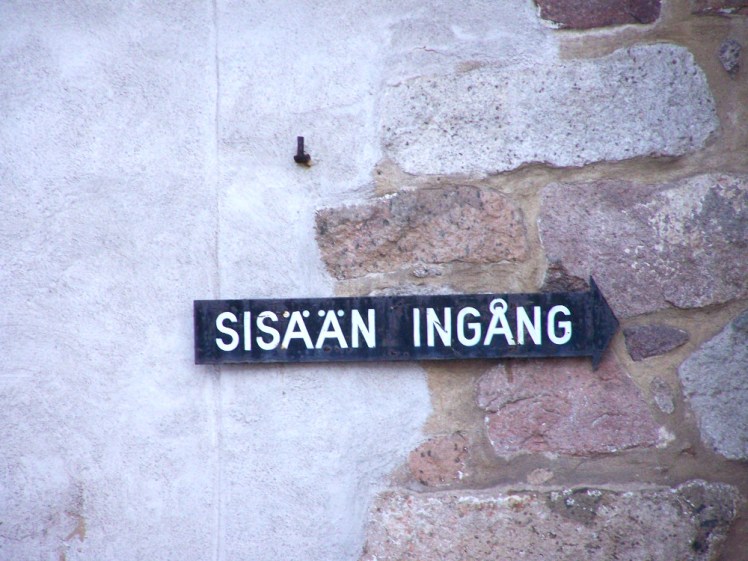
How do you research?
As a general rule, I don’t do much. As I said, I like to know how to get around but I keep my “what do I want to do?” pretty loose. Let’s look at my last trip and my next trip.
A couple of weeks ago, I had a long weekend in Paris. Actually, it’s two days before I leave as I write this. I’ve been to Paris lots of times. Everyone knows what to do in Paris but I’ve done them all. I will never not stand at the bottom of the Eiffel Tower and think “let’s go up there”, I will never not wander past Notre Dame, I will never not want to take a boat trip along the river. But this time I googled something along the lines of “unusual things to do in Paris”. I mean, I’ve already done unusual. I did three school trips to Paris and the teacher tried to shake it up by taking us behind the scenes at the airport, to factories, to a women’s charity, to the sewers etc. I stumbled across the opera. We did a behind-the-scenes tour there too but I’ve never seen an opera so that went on my list. Then, when you’ve got one show in, you start to wonder what else there is. Have you been to an actual performance at Moulin Rouge (it’s expensive!) or a Paris jazz club? Have you been in the catacombs under Notre Dame? Everyone goes to Disneyland Paris – how many people have been to Parc Asterix?

In a couple of weeks, I’m going to Helsinki. Now, I know that sauna culture is a big thing in Finland so I wanted to give it a go and it turns out there’s a big new-ish tourist sauna on one side of the harbour and an open-air heated pool on the other. So those are both going on my list. I looked for swimming pools and discovered a proper old-fashioned Victorian-era (except obviously Queen Victoria had very little influence over Finland) pool just up the road from me. Also on the list. I like to get out of the city and enjoy nature and I know from previous experience that Helsinki has plenty of islands that are just far enough from the shoreline to make you forget you’re in a European capital, so I’ve made a list of the ones that are easily accessible by public transport and appeal to me. I like to kayak: is there somewhere I can do a kayak tour of the bay? Yes, there is. I’m only there a few days so that’ll probably fill most of my days. I also want to pop into the bookshop and see if I can find something interesting and Finnish (in English, obviously) for Travel Library and maybe something simple, for children, to test my Finnish language. That can go in a spare half-hour and I’ll google its precise location when I get there.
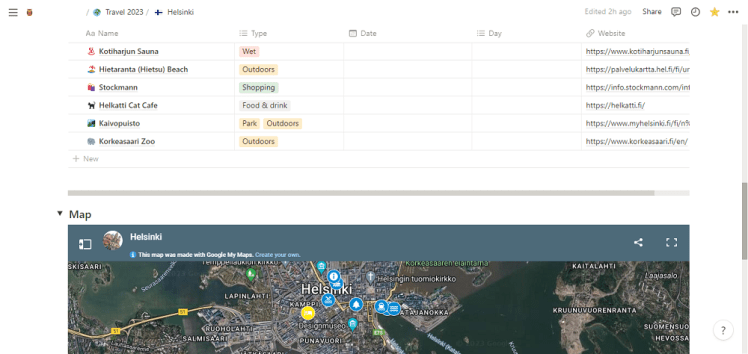
That’s what you do. You search “things to do in [place]” or “unusual things to do in [place]” or you search for things you’re interested in, like saunas, operas, kayaking and bookshops. Take suggestions from real people who’ve been there. Guidebooks are written by real people but they’re designed to be as universally appealing as possible and they don’t necessarily have space for all the details or the obscure things you’re interested in, plus they go out of date pretty quickly. Obviously, I’m biased but blogs are great. YouTube videos are great. Real people talking about and showing what they did will give you a far more accurate picture of what a place is actually like than a short paragraph in a guidebook or a shiny multi-page piece in a magazine.

Instagram can be great but you have to apply a little care. If you just look for the location or the tag, you’re likely to end up with a lot of selfies, a lot of photoshoots and a lot of people in underwear, and those three categories really cross over. I keep a folder called “want to do” in my Instagram saved items and anytime something catches my eye, I save it to that folder. Then, when I’m going somewhere, I can open the folder and check whether there’s anything nearby that I want to do. Maybe you can find a travel Instagrammer who specialises in the location you’re interested in. What to do in Svalbard? Go look at Cecilia Blomdahl. Much as it pains me to recommend anyone except myself to tell you about Iceland, Jewells of All Things Iceland lives there and more or less speaks the language and is a great person to introduce you to my favourite country. Umm…. actually, most of the travel people I follow on Instagram move around, very few people I can see in a quick scroll specialise in one particular place.
How much research do I need to do?
How much research you do depends on you. If you’re nervous, it might not be a bad thing to have your entire trip planned down to the minute, including how to buy tickets and which buses you’re going to catch when. If you’re more of a free spirit, maybe just have a list in your head of things you’d like to do if you happen to be in the area. If you’re interested in culture and history, it’s definitely a good idea to read about those things so you can understand the contexts of the place where you are – part of the reason I went to Russia in 2019 was to answer the question “What does ‘is that the cannon?’ mean?”. I didn’t want to be gazing vacantly at significant things with no idea of their significance. When my bus driver alludes to a myth or legend, I want to know roughly how that myth or legend goes. I want to know what the weather is going to be like, so I know what to pack. Am I going to look like a clueless tourist walking around Helsinki in my Marimekko t-shirt collection or am I going to look like a stylish and knowledgeable local (more likely the former than the latter, I suspect – I’m rarely going to look stylish)? Is there a local thing I should eat? Duolingo assures me Finns eat pulla by the bucket. Pulla appears to translate to buns or pastries, and apparently what I specifically should be trying is korvapuusti, cinnamon buns. Likewise, I really should have a croissant and baguette and cheese in Paris.

Look, ultimately, the purpose of research is knowledge and the purpose of research is to improve your experience. You do as much research as you feel benefits you and in the areas you feel you want to know about. But I’d like to leave you with the impression that even a little knowledge will be a very good thing to have and will make a difference to your trip.